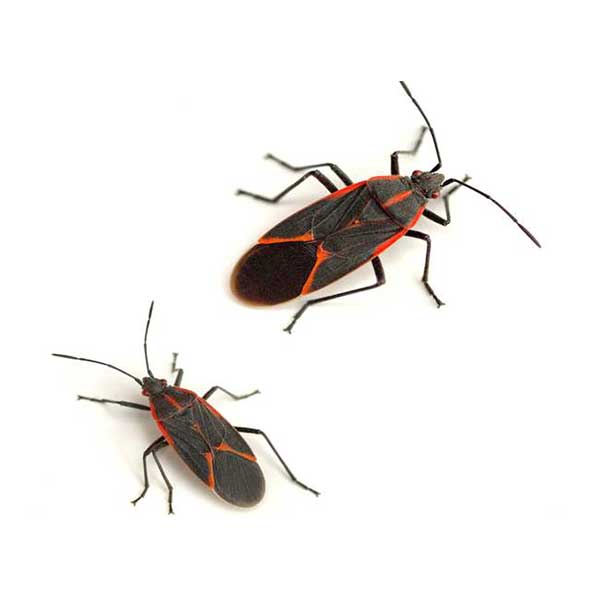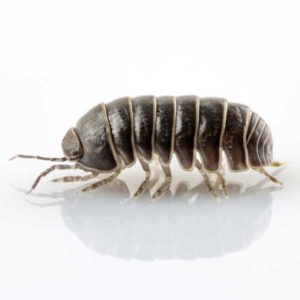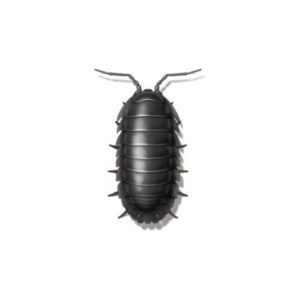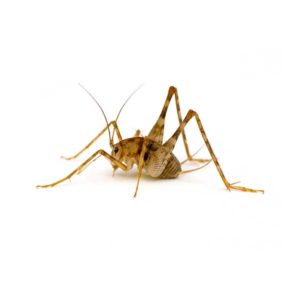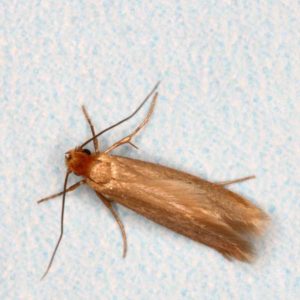Boxelder Bugs in Winston-Salem
Boxelder bugs are true bugs and named for their prime host, the boxelder tree, which is cultivated throughout the United States. Boxelder bugs usually feed on the leaves, flowers, and seed pods of the box elder tree, although they occasionally occur on maple and ash trees. These bugs often become nuisances in the fall as they congregate in search of an overwintering site. Like many other pests, boxelder bugs will often be seen either when they enter a home to overwinter, or when they emerge as spring rolls around.
Boxelder Bug Habitat
In the fall, adult boxelder bugs assemble on the south sides of trees, rocks, and buildings to warm themselves in the sun. After large masses of bugs accumulate, they tend to fly to nearby buildings or other protected sites where they hibernate for the winter. They will enter homes and buildings and hibernate within the walls of the structure. Boxelder bugs do not reproduce inside homes but enter through windows, doors, ceiling lights, soffit and dryer vents, outdoor faucets, and on the siding of a home.
Boxelder Bug Behaviors, Threats, or Dangers
Boxelder bugs are generally not known to bite, though there are rare reports of defensive biting. These bugs do not sting and are not known to cause damage to homes, however, their feces can stain light-colored surfaces. During the winter months, individuals or small parties of boxelder bugs enter homes and fly into windows, bathtubs, and sinks, congregating on the floor adjacent to their overwintering harborage. Boxelder bugs can be annoying and may spot curtains, furnishings, and clothing with their excrement. When crushed, they give off an offensive odor. If trapped in basements or houses, they will eventually die.
If you have a boxelder bug infestation, always call your local pest control professional for assistance.

